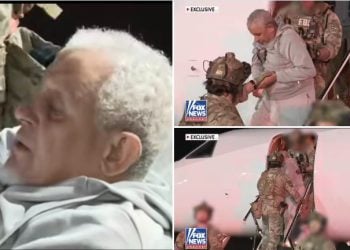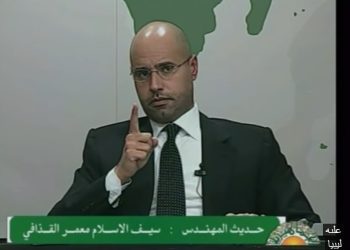By Libya Herald reporters
Tripoli/Misrata, 29 October 2015:
Misrata’s Halbous and Mahjoub brigades have rejected calls by the General National Congress leadership and . . .[restrict]its Chief of General Staff for military action in Wershefana area following Monday’s downing of a helicopter flying from Tripoli to Zawia in which 19 people died. They included top military figures in the Libya Dawn regime. The Misratans say they will stick with the truce made with the Wershefana and others in the area west of Tripoli at the beginning of summer.
Following the helicopter crash, Wershefani fighters were accused of shooting it down and the Tripoli authorities announced they planned a military assault in the Wershefana district, with their chief of general staff, Major General Abdussalam Obeidi declaring the area a military zone and calling on “revolutionaries” to join the fight.
In a joint statement, made in collaboration with Wershefana military officials and published last night in the Wershefana town of Zahra, 45 kilometres south west of Tripoli, the Misratans condemned the downing of the helicopter and said that those responsible had to be found and caught. However, while conveying their condolences to the victims’ families, the two groups said that neither was responsible for the “very dangerous” attack aimed as widening the divisions within the country and that the truce would continue.
They would continue to support reconciliation and an end to hatred between Libyans, they insisted.
In a sharp rebuke to the Tripoli authorities, they accused the government there and the General National Congress (GNC) of doing nothing to ensure security of the coastal road. They themselves had not been appointed to protect the coastal road, they said. That was the responsibility of the government – meaning that of Khalifa Gwell. But the GNC and the government had “turned their backs” on efforts to ensure a truce and peace in the area, they stated, and that was making problems worse.
They also said they rejected those who pretended to be with the revolution.
Commenting on the stand taken by the Misratans and the mobilisation call by Obeidi , an official in Misrata claimed that Obeidi had “made the order under a lot of pressure”. The brigades too “have been under heavy pressure to agree to join an attack,” he added.
However, Misrata was determined, he said, to prevent military action. [/restrict]






